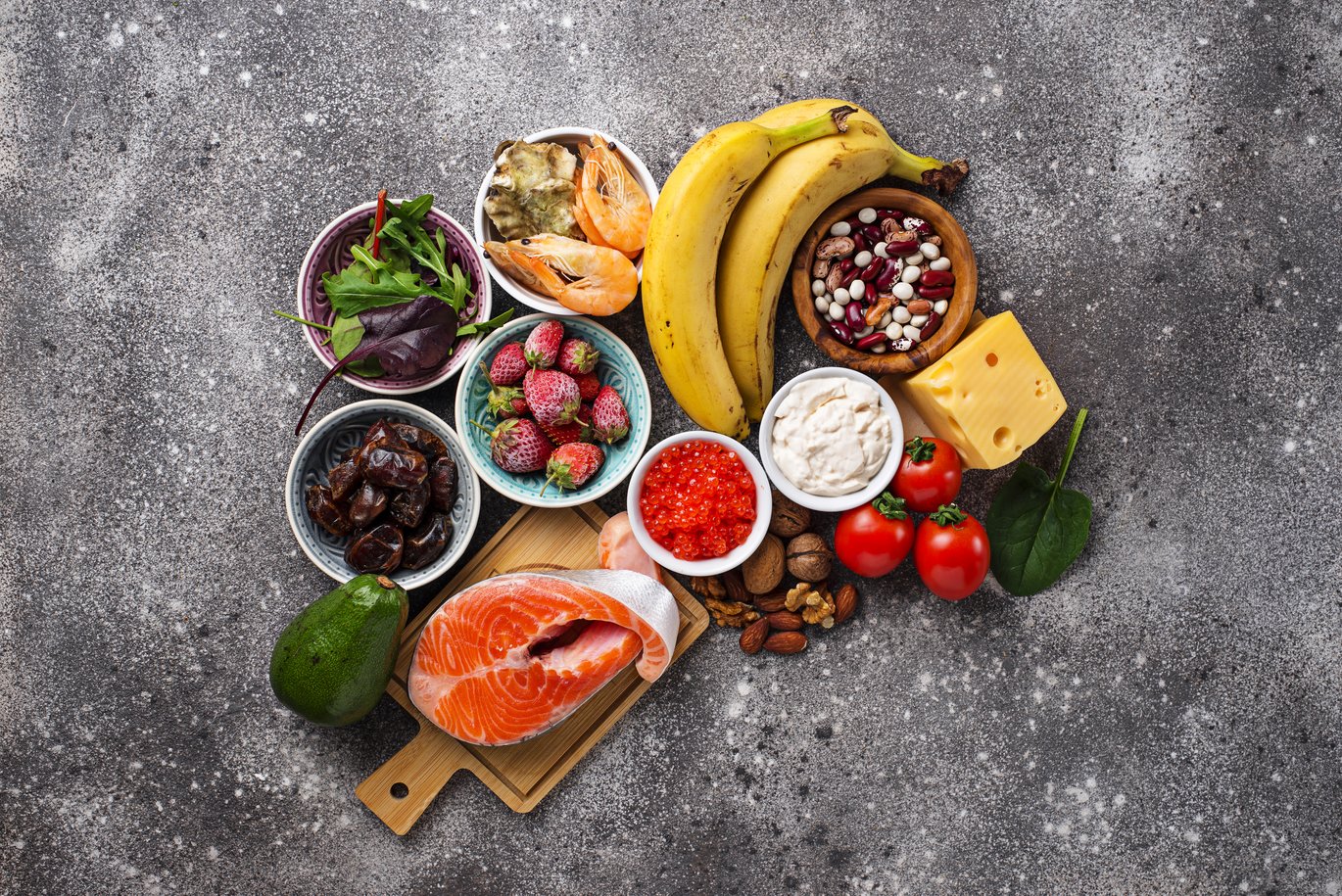Universities and companies are creating the food of the future
Several Danish universities and companies have joined forces to create a common high-tech laboratory platform - FOODHAY. Through new research infrastructure, FOODHAY will contribute to developing the healthy and sustainable foods of the future as well as reducing food waste through advanced process and research equipment. So far, collaborations have been established with more than 90 Danish and international companies.

With a grant of DKK 51.5 million from the Ministry of Higher Education and Science, the laboratory platform "Open Innovation Food & Health Laboratory - FOODHAY" is creating new knowledge for the development of the future, sustainable food.
Behind FOODHAY are the research institutions Aarhus University, Technological Institute, University of Copenhagen and DTU. Arla is a strategic partner - and both Food & Bio Cluster Denmark and the Confederation of Danish Industry actively contribute as representatives of the Danish food companies.
The four research institutions and Arla have matched the grant, making the total investment in research infrastructure approximately DKK 103 million.
Since FOODHAY was created at the end of 2019, about 80 new pieces of research equipment have been purchased and distributed in the research institutions' laboratories - and more is on the way.
- Access to the latest research infrastructure is crucial to be able to deliver research with groundbreaking results. Denmark has a leading position in food, and it relies on close research and business collaboration, where new knowledge leads to new innovation and new products. With FOODHAY, we strengthen the research infrastructure across the country by collaborating and coordinating our efforts, says Michelle Williams, who is head of the Department of Food Science at Aarhus University and the consortium.
Wide support from the food industry
The goal of FOODHAY is to create new knowledge for use in the food industry and for talent development of both students, researchers and employees in food companies. FOODHAY therefore invites companies to collaborate on the development of the healthy, safe, tasty and sustainable food of the future - and so far collaborations have been established with more than 90 Danish and international companies.
- Companies must seize the opportunity to work with universities and other knowledge institutions. It provides access to specialized knowledge and equipment that would not otherwise be within reach. With FOODHAY, we have a high-class platform that I expect will help to further elevate and intensify collaboration on all the themes where we in the industry need new knowledge; not least when developing the food of the future. I look forward to following the results, says Industry Director Leif Nielsen from DI Foods.
- In a small, but skilled, food country, it is obvious to invest in advanced equipment in this way, where as many people as possible can benefit from the equipment and bear the costs together, adds Peter Langborg Wejse, Head of University Collaboration, Arla Foods.
Food & Bio Cluster Denmark is also following the initiative with great interest.
- For us, it is important that Denmark offers the best framework for innovative research in our area. Equally important is that the advanced equipment and the knowledge associated with it are made as accessible as possible to both small and large companies, so that it can help accelerate innovation and green transformation in the industry. We are happy to contribute to this through Food & Bio Cluster Denmark's activities and network, says Lars Horsholt Jensen, Chief Operating Officer, Food & Bio Cluster Denmark.
Food development well under way
Both food companies, researchers and students at home and abroad can access the research infrastructure in FOODHAY - and many have already used it since FOODHAY was established and the purchase of equipment gradually began in 2020. In addition to the more than 90 companies involved, researchers from around 20 departments at the Danish research institutions have currently used the equipment - as well as researchers from more than 30 international research institutions.
In addition, the FOODHAY equipment has so far been included in 13 bachelor's and master's courses, and more than 20 bachelor's and master's dissertations.
Further information:
Read more about FOODHAY on this website
If you have any questions about FOODHAY, please contact Michelle Williams, Head of the Department of Food Science, Aarhus University, and the FOODHAY consortium on mw@food.au.dk or phone +45 25170049
